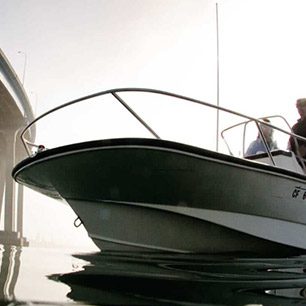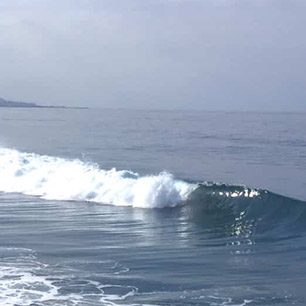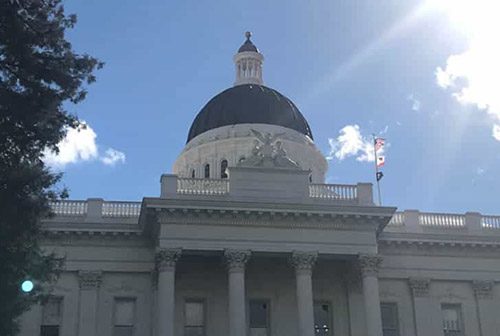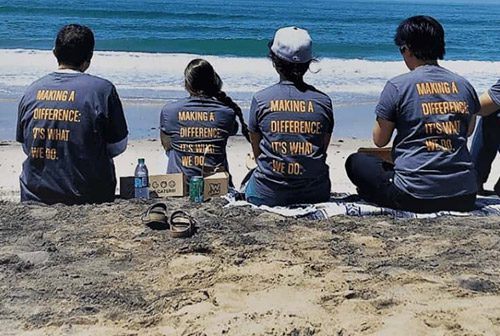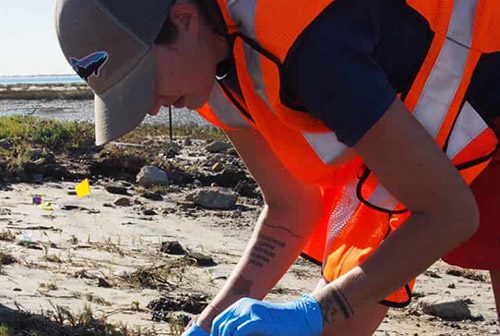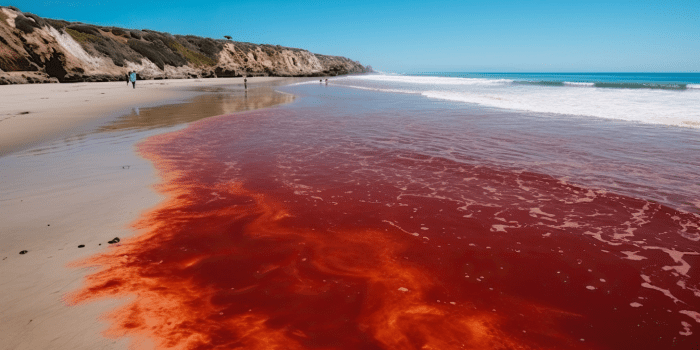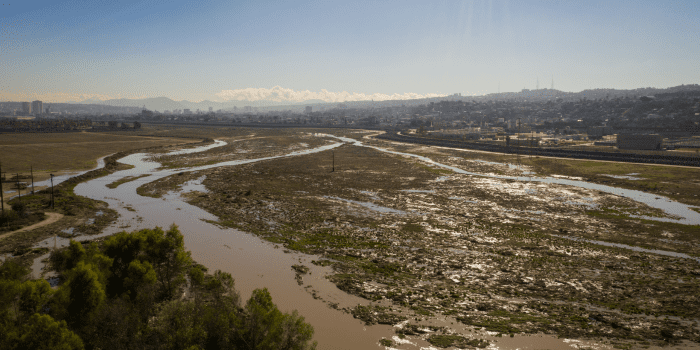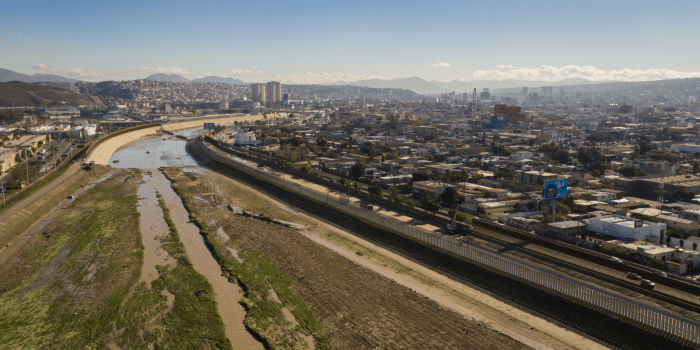

This is the first of a 5-part blog series examining the nature of our local water supply and how to increase the reliability of our supplies now and into the future.
On April 12th, the Board members of the Metropolitan Water District of Southern California (MWD) voted to end the 2009 decision to limit water deliveries to the Southern California agencies. What does a board vote by a L.A. public agency have to do with San Diegans you might ask? Well, a lot actually. In 1946, the County Water Authority joined the MWD to get deliveries of imported water from the Colorado River. In addition, all the water San Diego receives from Northern California through the State Water Project comes via the MWD. The MWD, as the largest individual source of supply, controls the spigot to most of the water in San Diego.
In response, the San Diego County Water Authority board voted yesterday to end the mandatory cutbacks. Effective today, the County Water Authority will restore full urban water deliveries to its 24 member retail water agencies. Each of these agencies now has the opportunity to maintain or lift its own restrictions. To some, this news will be greeted with joy – no more “drought alerts”; no more worrying about when to water your lawn. Just green lawns, long showers, happy times. To others, the short-sightedness of these decisions brings concern and consternation.
On the surface it seems sensible – the past year has brought plenty of rain and snow in California and major reservoirs are re-filling across the state. No more drought means no need for extreme emergency measures. Mayor Sanders has called for the City of San Diego to lift its restrictions because “emergency regulations should be reserved for emergencies”. But he is missing the point – very low water years are a regular part of Southern Californian life – not something unfortunate that just happens occasionally.
To its credit, the County Water Authority acknowledged that despite this vote “our state’s water supply system is still in crisis” and we still need to do our best to use water responsibly. Maybe as an effort to balance its decision to end the restrictions, the County Water Authority also pointed to results from their annual public survey of County residents to reassure the public that “most residents plan to continue their water-saving practices under a variety of conditions, including the end of mandatory water use restrictions”. Eighty three percent of all survey respondents agreed that they would continue to comply with the mandatory water restrictions if they were lifted whether or not they had reduced their usage in the past.

Now that does sound reassuring. But public opinion polls often produce conflicting results and this one is no different. If you look at the results of the survey, you will find some results that cast doubt that voluntary conservation will continue. The survey also found that only 31% of respondents reduced their household water usage last year. A majority of respondents also said they would return to a higher usage if their families grew, if there was a hotter/drier year, or they moved to a larger home). To me, these results among others demonstrate that despite the success we had in conserving water since 2009, maintaining these conservation gains in the future will require concerted regulatory effort.
The most encouraging results in the survey, was that support for treating recycled water to potable standards is increasing (over-half of respondents found it acceptable), something Coastkeeper has been promoting for our region. And a majority of respondents also indicated support for maintaining mandatory restrictions.
So, I am putting out a call for my own informal, perhaps not statistically-robust survey. Fill out a comment field and tell me what you think – should your local water agency keep its water restrictions in place? What, if any, actions have you taken to reduce your water footprint? Will you keep doing them if your local supplier ends the restrictions? Better yet, tell your local water supplier what you think.

